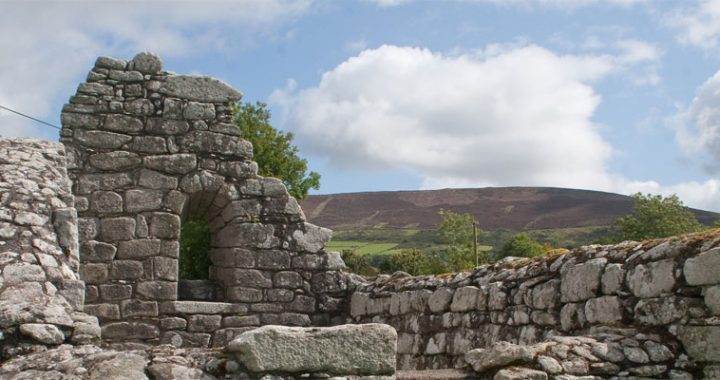June 21, 2020
1 Corinthians 12:31: I will show you a still more excellent way.
This past Friday morning a few of us went to Cortez for a breakfast buffet at Cortez United Methodist Church. The fellowship hall was clean but messy at the same time. Packages of diapers and baby wipes were on the tables. Scattered bags of rice and beans and various food items littered the floors. Masking tape, markers, scissors, volunteer lists, and packing lists were crammed into boxes. The clean mess was the aftermath of loading, packing, and distributing supplies for seven weeks to our brother and sisters on the Navajo Nation in need of support.
While we sat down to eat, Julie, a member of Native Grace, stood to share her experiences distributing goods on the reservation. She thanked us for helping and described the tears and the joy residents of the Navajo Nation shared when they received the relief boxes.
“They were so happy that they had not been forgotten.”
One elder of the Navajo Nation shared how he saw people he had not seen in months. They would share stories in the easy, carefree manner of the Navajo. His grandchildren would say, “Let’s go Grandpa,” and Grandpa replied, “We need to listen to each other.”
Each person shared the same story in different forms, “People were happy that someone remembered them and cared for their well-being.” Their relief efforts helped mend relationships on many levels.
Where do we need to mend relationships on a personal, community, and national level?
Church historian Diana Butler Bass writes about what early Christians thought it meant to follow Jesus. Christianity was a way of life in the present, not a doctrinal system, esoteric belief, or promise of eternal salvation. Faith changed and improved people’s lives.
Justin Martyr (100-165) said the Jesus way “mended lives.”
We who formerly… valued above all things the acquisition of wealth and possessions, now bring what we have into a common stock, and communicate to everyone in need; we who hated and destroyed one another, and on account of their different manners would not live with men of a different tribe, now, since the coming of Christ, live familiarly with them, and pray for our enemies…
This is what Paul calls “a more excellent way” in 1 Corinthians. Rohr says the Way “encouraged alternative behaviors that were both attractive to those at the bottom and threatening to the worldview of empire. Followers of the Way lived together with people of different ethnicities and social classes rather than following classist and cultural norms.” The Way brought diverse peoples together and mended relationships.
Our bishop, Karen Oliveto, in her opening comments at annual conference this past Friday said she has been mending socks during the pandemic. For her, mending is a spiritual practice. She says she holds the holey sock and asks, “Is this thing worth repairing?”
The social fabric of our nation, our communities, and our churches are in our hands, Oliveto said. Our holes and wounds need mending. We are called as people of the Way to be repairers of the breach (see Isaiah 58:12). We are called to mend relationships between the right and the left, to mend relationships between black, white, red, and brown people; and, we are called to mend relationships between the rich and the poor. We are called to deliver supplies to those in need and to listen to their stories. This is the way of Christ, the third way.
Is this life worth repairing? What needs mending?
Jesus mended broken hearts, spirits, and systems and calls us to do the same. And, speaking of systems, “Francis and Claire of Assisi showed us that it is possible to change systems not by negative attacks (which tend to inflate the ego), but simply by quietly moving to the side and doing it better,” says Rohr.
This is a pivotal time in our history. It is time, as people of the Way, to start mending relationships one person at a time.
Blessings and peace,
Craig
Take a step this week, start mending one relationship.

